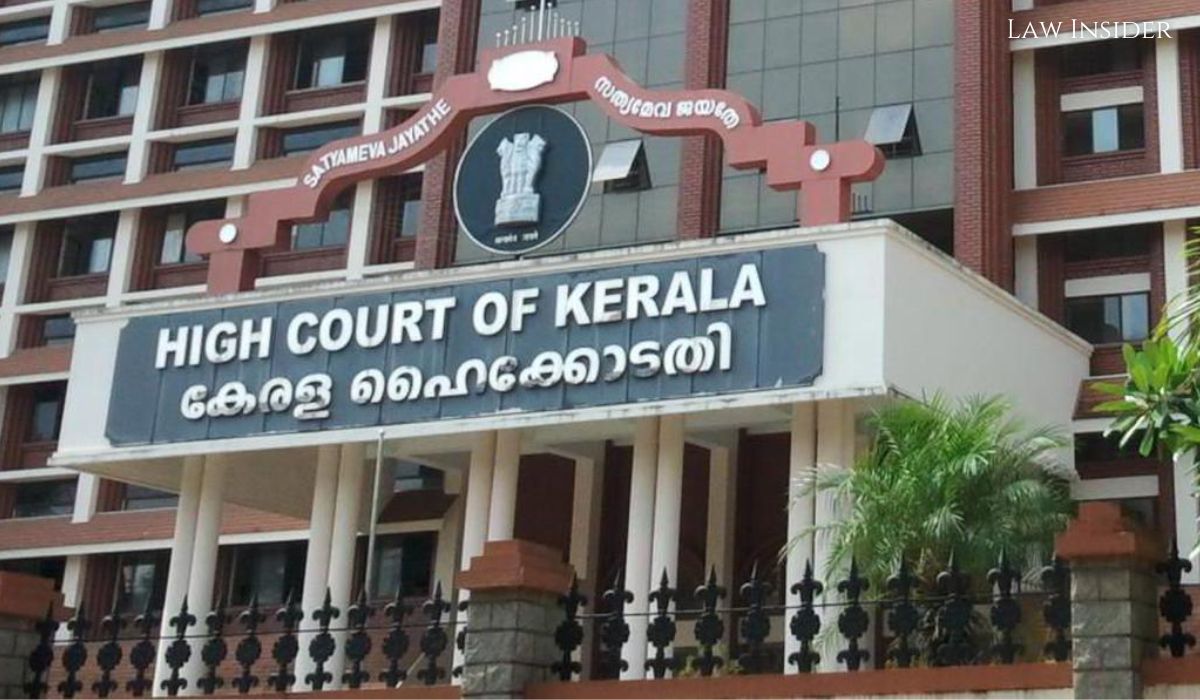LI Network
Published on: January 14, 2024 at 10:36 IST
The Kerala High Court declared that a unilateral affirmation by one party to a contract, without specific acceptance by the other party, does not confer exclusive jurisdiction.
The Court, presided over by Justice V.G. Arun, emphasized that the ouster of jurisdiction of courts cannot be assumed lightly or presumed without clear contractual stipulations.
The judgment, delivered in response to a petition by Sangha Erectors Pvt. Ltd. against Laxmi Cranes and Trailers Pvt. Ltd., clarified that a unilateral affirmation, lacking mutual acceptance, does not establish exclusive jurisdiction, as outlined in Section 20(c) of the Code of Civil Procedure (CPC).
Section 20(c) states that a suit can be initiated in a Court within the local limits of whose jurisdiction the cause of action arises.
Justice Arun, relying on the Supreme Court’s decision in A.B.C. Laminart (P) Ltd v A.P. Agencies (1989), highlighted the importance of examining whether there is an ouster of jurisdiction of other courts when an ouster clause is present in an agreement.
The judge ordered that clear and unambiguous language, including terms like “alone,” “only,” or “exclusive,” is essential for conferring exclusive jurisdiction. In the absence of such terms, the maxim “expressio unius est exclusio alterius” (expression of one is the exclusion of another) may not apply unless a consensus on jurisdiction is proven.
The case involved a contractual dispute where the defendant, Sangha Erectors, argued that the Munsiff Court in Ernakulam lacked territorial jurisdiction, contending that the terms and conditions of the purchase order specified exclusive jurisdiction for the courts in Secunderabad, Hyderabad. The plaintiff, Laxmi Cranes, asserted that the defendant had accepted Cochin jurisdiction in its reply letter.
The Court dismissed the defendant’s contention, emphasizing that the absence of terms like ‘alone,’ ‘only,’ ‘exclusive,’ or ‘exclusive jurisdiction’ in the contractual clause indicated no consensus on jurisdiction. The judge held that the printed words ‘subject to Cochin jurisdiction’ on the letterhead did not confer exclusive jurisdiction.
Addressing the argument of implied consent through silence, the court ruled that the question was whether there was consensus ad idem regarding the exclusionary clause.
Relying on the principle that a contract requires mutual agreement and modification or revocation requires a like consensus, the Court found no evidence of unequivocal acceptance of the jurisdiction clause by the plaintiff.
In conclusion, the Court upheld the decision of the Court below, dismissing the revision petition and affirming the rejection of the plea for the return of the plaint.
Case Title: Sangha Erectors Pvt. Ltd. v. Laxmi Cranes and Trailers Pvt. Ltd.

